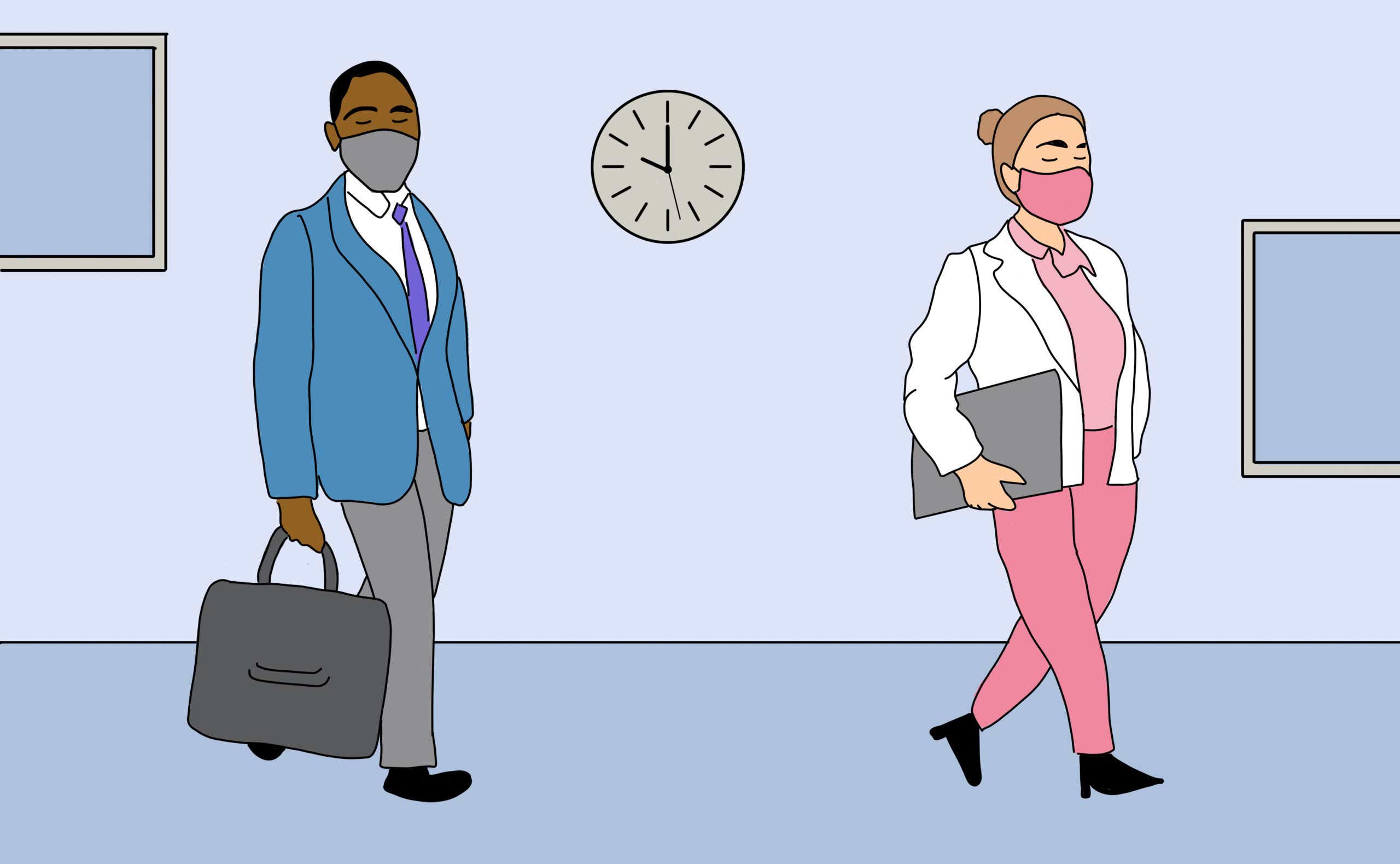Spikes in cases are causing many employers to rethink their plans.
The highly contagious Delta variant and new mask mandates have cast some doubt on return-to-work plans. Here’s our breakdown of what this means for companies and workers alike.
The details: Following in Apple’s footsteps, Google became the latest employer to delay its back-to-office date, announcing Wednesday that employees could continue working from home until Oct. 18 — but they’ll be required to get a vaccine before they return. Though the variant has caused a Covid spike and led to breakthrough cases among the vaccinated, a recent survey found that 74% of companies that went remote due to the pandemic are planning on returning to the office this fall.
Vaccine mandates: California, New York, and the U.S. Department of Veterans Affairs have already announced new policies — such as a $100 incentive for New Yorkers — to push vaccines among government employees and health care workers. President Biden is expected to announce today a requirement for all federal employees to get the shot or face regular Covid-19 testing, so stay tuned.
But this isn’t the case across the board: governors in five states, including Texas and New Hampshire, signed legislation barring businesses from implementing the controversial vaccination policies for employees.
Conflicting messaging: The CDC’s reversal on mask guidelines — it’s again recommending that fully vaccinated Americans in high-risk locations wear face coverings inside — may force companies who have already opened their doors to rethink their policies. Author Joanne Lipman says her research shows anxiety about returning to the office is normal, but you can combat it by asking for clear details about how your employer is protecting workers. “More information alleviates the stress on all sides,” she told us.









